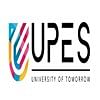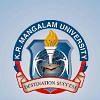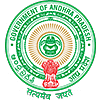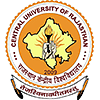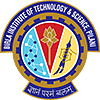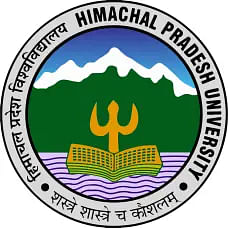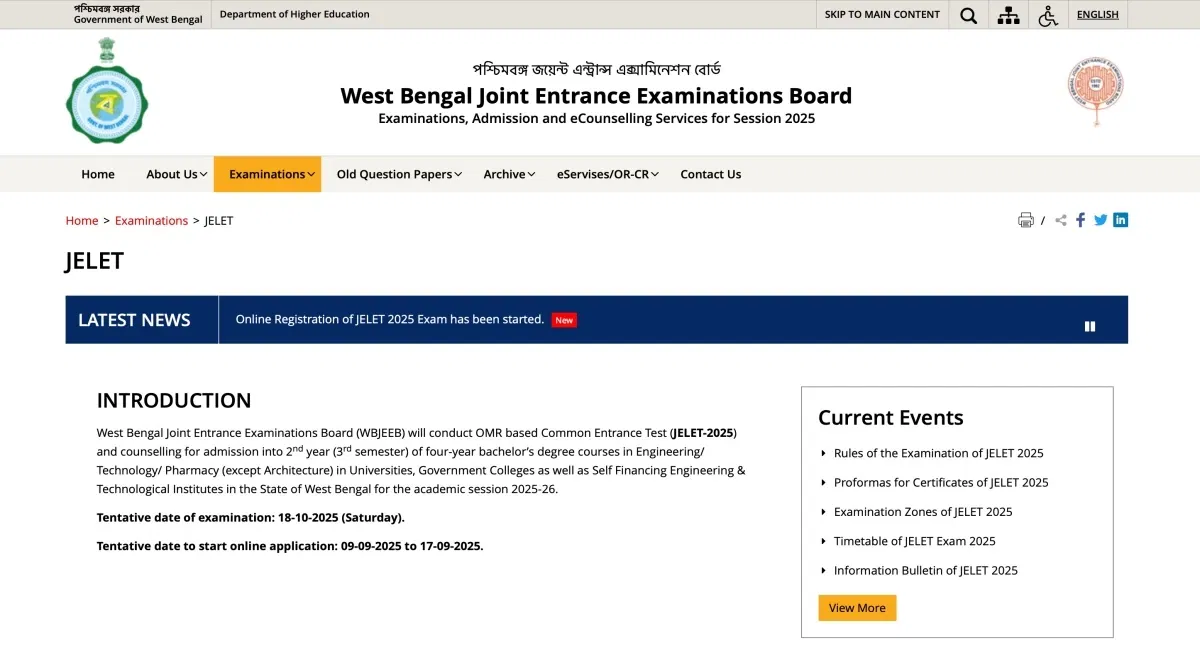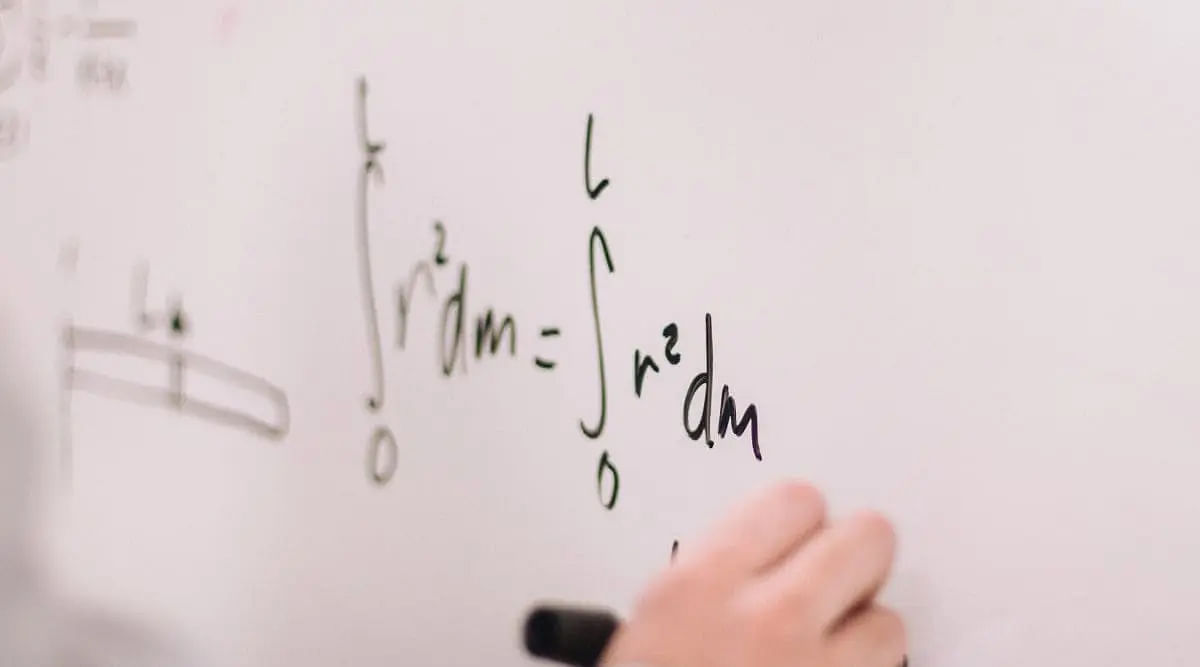
Table of Contents
WBJEE JELET syllabus 2024 is released on the official website at wbjeeb.in by WBJEEB authorities. It is based on subjects from diplomas and class 11th and 12th standards. The exam question paper will comprise the following topics like Engineering Mathematics, Computer Application, Electrical Technology, Environmental Engineering, Strength of Materials, Engineering Mechanics, Soil and Water, Farm Machinery and Power, Food processes and Food Harvest Engineering, Basic Printing Engineering, Printers' Material Science, Mathematics, and Pharmacy.
JELET syllabus 2024 will be different for various courses such as Diploma in Engineering/ Technology/ Printing/ Agriculture/ Pharmacy and B.Sc Degree. Find below mentioned the prescribed syllabus of the WBJEE JELET 2024 for candidates that varies on the basis of the candidate's qualification and stream.
WBJEE JELET Syllabus 2024 for Engineering Diploma
Students with a diploma in Engineering or Technology will have to answer 70 common questions, and the other 30 will be from their specialisation. All the 100 questions in the paper will be from B.Sc Mathematics. Students are advised to go through the Exam pattern also before starting their preparation.
WBJEE JELET Syllabus 2024 for Engineering Mathematics
- Matrix & Vector- Concept of Vector -Addition and subtraction of vectors - Multiplication of a vector by a scalar - Position vector of a point - Ratio formula - Rectangular resolution of a vector - Dot and cross product - Geometrical and interpretation-Distributive law.
- Numerical Methods- Meaning of interpolation - Difference table - Newton's forward Interpolation formula (no deduction), Introduction to numerical integration - Formulae for composite trapezoidal and Simpson's 1/3 rule (no deduction), Numerical solution of non-linear equations - Formula for Newton-Raphson method (no deduction), Numerical solution of a system of the linear equation - Gauss-Elimination Method (no deduction).
- Differential Equations- Definition - Order and degree of a differential equation - Differential equations of 1st order and 1st degree, Separation of variables, homogeneous differential equations - Equations reducible to the homogeneous form, Exact differential equations - equations reducible to the exact form - problems Linear equations - Bernoulli's equations, Differential equations of 2nd order with constant co-efficient - Complementary function and particular integral
- Partial Differentiation- Function of two or more variables - Definition and meaning of partial derivatives (1st order). Homogeneous functions - Euler's theorem on homogeneous functions (no deduction).
- Probability and Statistics- Introduction - Random experiment - Sample space - Events Classical and axiomatic definition of probability, Addition and multiplication theorem - Related problems. Statistics - Frequency distribution, Measure of central tendency - Mean - Median - Mode - Standard deviation - Simple problems.
WBJEE JELET Syllabus 2024 for Electrical Technology
- Kirchhoff’S L.A.W.- Kirchhoff’s voltage and current laws, Star-delta transformations - Simple problems on all topics.
- AC Fundamentals- Concept & significance of R.M.S. value, peak value, average value, crest factor and form factor of sinusoidal voltage/current - Equation of instantaneous value of sinusoidal voltage/current - Simple problems on all.
- AC Series Circuit- R-L & R-C AC series circuit (no deduction, only the expressions of voltage, current & power for sinusoidal sources), power factor, power triangle simple problems.
- Storage Cell, Transformer, Motors etc- Basic Principle of Storage cell, D.C. motors, Transformer, A.C. generators & motors (No deduction & problems).
- Magnetic Circuit- Concept of the magnetic circuit, Definitions and units of magnetic flux, m.m.t. and reluctance, the analogy with an electrical circuit, simple problems.
- Motor Starter- Need of motor starter mentioning some names useful for D.C. motors & A.C. motors.
- Motors for Industrial Uses- Simple Electrical Circuit for motor installation, using the block diagram of different components.
- Power Generation, Transmission & Distribution- Brief idea about the power generation, transmission and distribution using the block diagram of different stages.
- Voltage Stabiliser & UPS System- Brief idea about the operational principle of voltage stabilizer and U.P.S. system (no description of an internal circuit)
- House Wiring- Simple idea of house wiring starting from the commencement of supply, using a necessary diagram, the role of fuses / M.C.B., fault finding the concept.
- Lighting Schemes- Types of lighting schemes and factors considered for designing lighting schemes, i.e. illumination level, uniformity of illumination, the colour of light, glare, mounting height, the spacing between luminaires, the colour of surrounding walls etc.
- Watt Meter & Meggar- Uses & connection diagram of Wattmeter - Use of Megara with circuit diagram.
- Electrical Energy Measurement- Electrical energy measurement (no mathematical deduction & description of apparatus) - circuit diagram for single-phase energy-meter connection.
WBJEE JELET Syllabus 2024 for Computer Application
- Introduction to Computer- Brief history of the evolution of computers, Various components of the computer (brief knowledge), Hardware-CPU, inputs output system, primary memory, and secondary memory, Peripherals devices - Printers, plotter, scanners, digitals cameras, and webcam sound card & speaker systems, dictaphone, Software Operating system, system software like compilers and device drivers, and various application software (definitions only).
- Information Representation- Number System: Binary, Octal & Hexadecimal, Conversion of number systems, signed and unsigned representation, Binary arithmetic & compliments, Character codes: ASCII. BCD & Grey codes.
- Software Concepts- Classification of Software systems-system software and application software, Basic concepts of compilers, interpreters, assemblers and device drives, Operating system - Single user, multi-user, and graphical user interfaces and characters user interfaces, Case studies: MS-DOS, Windows.
- Introduction to Programming- Algorithm and flowchart, Different types of programming languages - machine level, assembly level and high-level languages (basic concepts only), Brief introduction to different high-level languages including C, Basics of C-Language, Branching and looping statements, Arrays and user-defined functions.
- Computer networking and internet- Basics of Computer Networking - LAN, MAN, WAN (definitions only), Client-Server architecture (elementary level), Internetworking concepts of World Wide Web, domain name system emails, Web browsing, use of search engines, website hosting (elementary level).
WBJEE JELET Syllabus 2024 for Environmental Engineering
- Air and Environment- Man & Environment, overview (socio-economic structure & occupational exposures), the scope of Environmental Engineering - pollution problem due to urbanisation & industrialisation
- Air Pollution- Causes of air pollution - types & sources of air pollutants, Climatic & Meteorological effect on -air pollution concentration -formation of smog & fumigation.
- Analysis of Air Pollution- Collection of Gaseous Air Pollutants - Collection of participate pollutants -analysis of air pollutants like sulphur dioxide, nitrogen oxide, carbon monoxide, oxidants & ozone, hydrocarbons and particulate matter.
- Air Pollution Control Measures and Equipment: Control of particulate emission, control of gaseous emission, flue gas treatment methods: Stacks gravitational and inertia separation, settling chambers, dynamic separators, cyclones. Filtration, liquid scrubbing. Spray chambers. Packed towers. Orifice and venturi scrubbers, electrostatic precipitators. gas/ solid absorption, thermal decomposition
- Methods and approach of air pollution control: Controlling smoke nuisance — Develop air quality criteria and practical emission standards - creating zones suitable for industry based on micrometeorology of air area — Introducing artificial methods of removal of particulate and matters of waste before discharging to the open atmosphere.
- Water and environmental water sources: Origin of waste water-type of ‘water pollutants and their effects.
- Different sources of water pollution: Biological Pollution (point & non-point sources), Chemical Pollutants: toxic organic & inorganic chemicals, oxygen demanding substances, physical pollutants: Thermal Waste, Radioactive waste, Physiological Pollutants: Taste affecting substances - other forming substances
- Water pollution and its control: Adverse effects on Human Health & Environment, Aquatic life, Animal life, Plantlife — Water Pollution Measurement Techniques - Water Pollution Control Equipment & Instruments - Indian Standards for Water Pollution Control
- Soil polluting agencies and effect of solution: Liquid & Solid Wastes - Domestic & industrial Wastes - Pesticides - Toxic: Inorganic & Organic Pollutants - Soil Deterioration - Poor Fertility, Septicity. Ground Water Pollution, Concentration of Infecting Agents in Soil
- Solid waste disposal: Dumping domestic & Industrial Solid Wastes: Advantages & Disadvantages - Incineration: Advantages & Disadvantages - Sanitary Land Field: Advantages & Disadvantages - Management of Careful &Sanitary Disposal of Solid Wastes.
- Noise and environmental management system, noise pollution and control: Noise Pollution: Intensity, Duration - Types of Industrial Noise - III effects of Noise -Noise Measuring & Control - Permissible Noise Limits.
- Environmental legislations, Authorities and systems: Air & Water Pollution Control Acts & Rules (Salient Features only) - Functions of State / Central Pollution Control Boards - Environmental Management System ISO 14000 (Salient Features only)
WBJEE JELET Syllabus 2024 for Agricultural Engineering
- Strength of Materials
- Soil and Water
- Food Processes and Harvest Engineering
- Farm Machinery and Power
WBJEE JELET Syllabus 2024 for Printing Technology
- Basic Printing Engineering
- Printer’s Material Science
JELET Syllabus for Bachelor of Science Students
A separate question paper on Mathematics will be set based on the B.Sc Mathematics pass course syllabus of the University of Calcutta. Candidates with a bachelor's in science need to prepare for the exam according to their separate syllabus, which will soon be available on the WB JELET website.
JELET Syllabus for Pharmacy Diploma Students
The syllabus for Pharmacy students is the diploma level syllabus prescribed by the Pharmacy Council of India. All the 100 questions asked in the exam will be from Pharmacy only for the Pharmacy students. Students must go through the syllabus prescribed by the Pharmacy Council of India while preparing for the exam.
JELET 2024 Syllabus PDF
The syllabus for JELET is vast and the candidates should be well-versed with all the topics for good preparation. To facilitate this and prepare well for the exam, we have compiled this vast syllabus for the candidates. They can download the PDF given below for free.
| Particular | Syllabus PDF |
|---|---|
| JELET 2024 Syllabus PDF | Download |
WBJEE JELET 2024 Exam Pattern
WBJEE JELET consists of 100 questions and two categories. Candidates can check JELET 2024 exam pattern mentioned in the table below.
| Examination Mode | Pen and Paper Based (Offline mode) |
| Number of Papers | 1 |
| Total Number of Questions | 100 |
| Category-Wise Number of Questions |
Category I: 80 (One options will be the correct answer) |
| Types of Questions | Multiple Choice Questions (MCQs) |
| Maximum Marks | 120 |
| Exam Duration | 2 hours (120 minutes) |
| Language | English |
| Marking Scheme |
Category I: 80 (One option will be the correct answer) |
| Negative Marking |
Category I: -0.25 mark will be deducted for Incorrect Answers Category II:
|
FAQs on JELET Syllabus
Q: Where can I check the WBJEE JELET 2023 syllabus?
Q: Which topics have to be studied for WBJEE JELET 2023?
Q: Do I need to study the entire WBJEE JELET 2023 syllabus?
Q: Will WBJEE JELET 2023 be held in offline mode?
Q: What is the method of answering questions in WBJEE JELET 2023?




